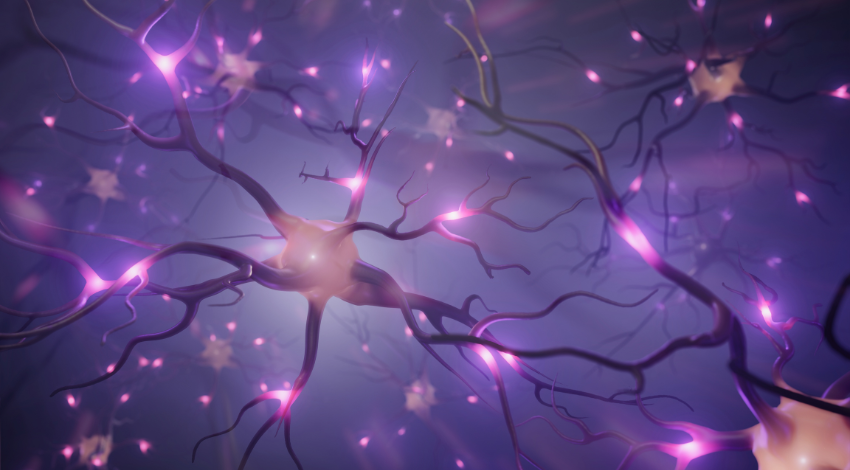
Neurons are the fundamental building blocks of the nervous system. They are specialized cells that transmit information throughout the body, enabling us to think, feel, and move. The life cycle of a neuron is a complex process that begins with its formation and continues through its growth, function, and eventual death. In this article, we’ll explore each stage of a neuron’s life cycle, shedding light on the fascinating journey of these vital cells.
H1: The Birth of a Neuron: Neurogenesis
H2: What is Neurogenesis? Neurogenesis is the process by which new neurons are formed in the brain. It primarily occurs during embryonic development but can also happen in certain brain regions throughout adulthood.
H2: Embryonic Development During embryonic development, neural stem cells in the brain differentiate into neurons. This process is highly regulated and involves the expression of specific genes that guide the formation of different types of neurons.
H3: Adult Neurogenesis While most neurogenesis occurs before birth, some regions of the adult brain, such as the hippocampus, continue to generate new neurons. This ongoing neurogenesis plays a crucial role in learning, memory, and mood regulation.
H1: Growth and Development: From Neuron to Neural Network
H2: Axon and Dendrite Formation Once a neuron is born, it begins to grow and develop its axons and dendrites. Axons are long, thread-like structures that transmit signals to other neurons, while dendrites receive signals from neighboring cells.
H3: Synaptogenesis As neurons grow, they form connections with other neurons through a process called synaptogenesis. These connections, known as synapses, are essential for communication within the brain and between the brain and the rest of the body.
H3: Myelination During development, many neurons become myelinated, meaning they are coated with a fatty substance called myelin. Myelination increases the speed and efficiency of signal transmission, allowing for rapid communication between neurons.
H1: Function and Communication: The Neuron in Action
H2: Electrical Signaling Neurons communicate with each other through electrical impulses known as action potentials. These impulses travel along the axon and trigger the release of neurotransmitters at the synapse.
H3: Neurotransmitter Release When an action potential reaches the end of an axon, it causes the release of neurotransmitters into the synaptic cleft. These chemical messengers bind to receptors on the neighboring neuron, transmitting the signal.
H3: Signal Integration Neurons receive input from multiple sources, and they must integrate these signals to determine their response. This integration is crucial for complex behaviors, such as decision-making and problem-solving.
H1: Maintenance and Survival: The Neuron’s Lifespan
H2: Cellular Maintenance Neurons require constant maintenance to function properly. This includes repairing damaged components, managing energy production, and regulating the synthesis of proteins and neurotransmitters.
H3: Neurotrophic Factors Neurons rely on neurotrophic factors, which are proteins that support their growth, survival, and function. These factors help neurons cope with stress and injury, promoting their long-term health.
H1: Aging and Degeneration: The End of a Neuron’s Life
H2: Neuronal Aging As we age, neurons undergo various changes that can affect their function. These changes may include a decrease in synaptic plasticity, slower signal transmission, and an increased susceptibility to damage.
H3: Neurodegenerative Diseases In some cases, aging neurons can be affected by neurodegenerative diseases, such as Alzheimer’s, Parkinson’s, and Huntington’s disease. These conditions are characterized by the progressive loss of neurons and their connections, leading to cognitive and motor impairments.
H3: Apoptosis: Programmed Cell Death Neurons, like all cells, can undergo programmed cell death, known as apoptosis. This process is a normal part of development and aging, but it can also be triggered by injury or disease.
Conclusion
The life cycle of a neuron is a remarkable journey that begins with its formation and continues through its growth, function, and eventual death. Understanding this process provides insight into how our brains develop, function, and age. As research continues to uncover the mysteries of neurogenesis, synaptogenesis, and neurodegeneration, we gain a deeper appreciation for the complexity and resilience of the human brain.







